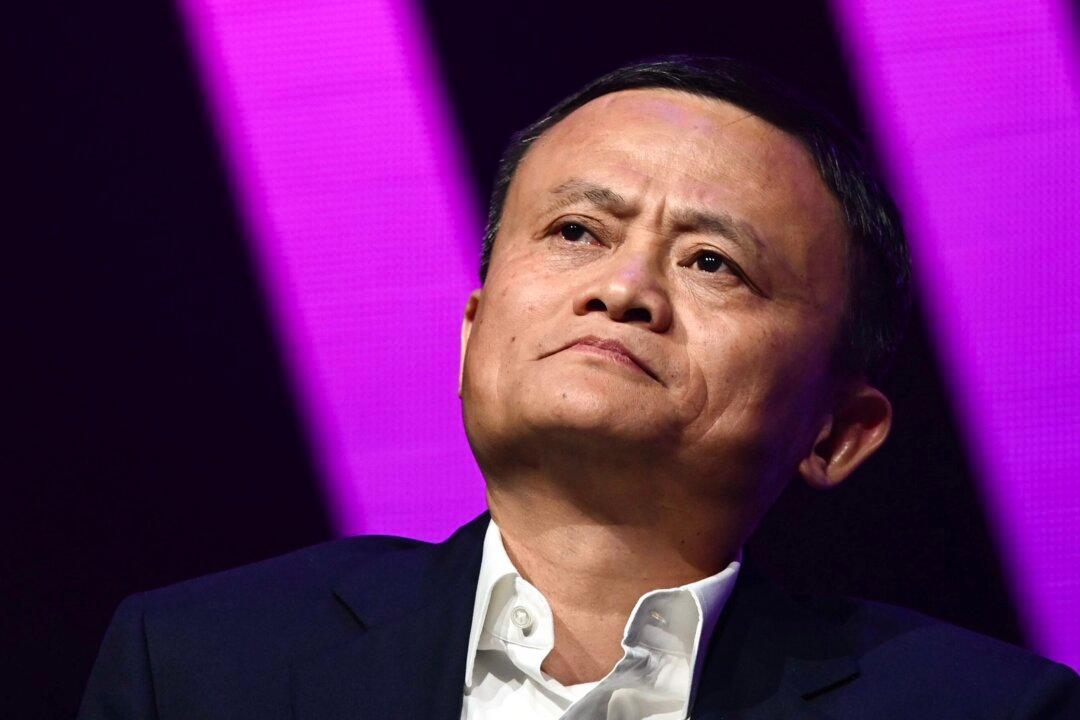Commentary
The future of Ant Group, the Chinese fintech giant affiliated with Jack Ma and partially owned by e-commerce giant Alibaba, grows cloudier by the month.

The future of Ant Group, the Chinese fintech giant affiliated with Jack Ma and partially owned by e-commerce giant Alibaba, grows cloudier by the month.